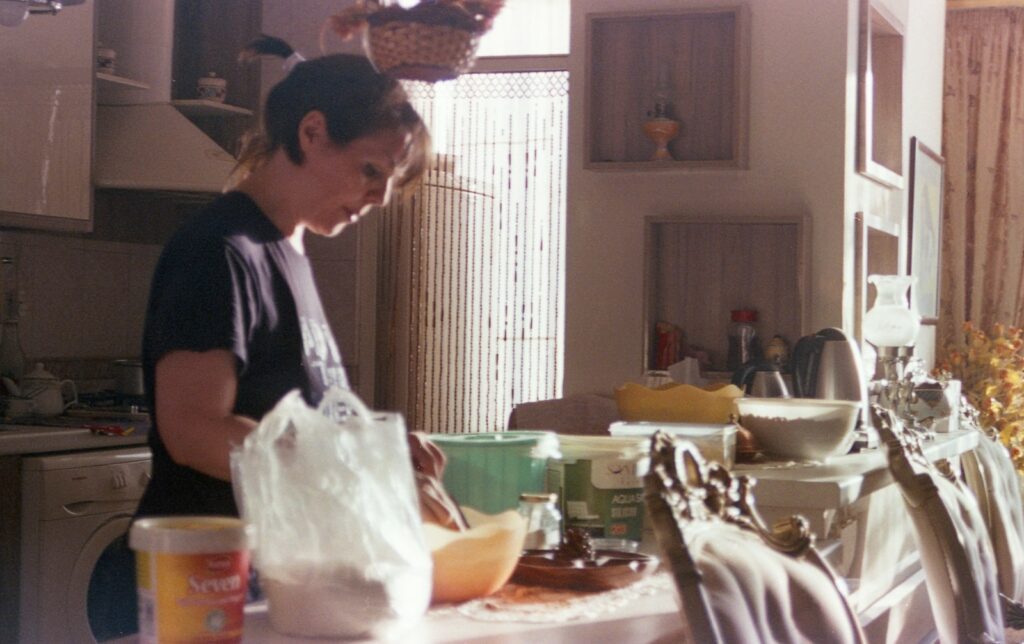When I go grocery shopping, I’ve learned that not everything on the shelves is worth the price. Sometimes we end up buying things that don’t really add value and just drain our budget without us realizing it.
Knowing which grocery store items are a waste of money helps me save without sacrificing quality or convenience. It’s all about making smarter choices and cutting out the stuff that isn’t necessary.

Pre-cut vegetables
I used to buy pre-cut vegetables all the time because they saved me some chopping. But honestly, they come with a pretty big markup. Paying extra just for convenience doesn’t feel worth it to me anymore.
They also don’t last as long as whole veggies. Sometimes, they lose freshness quicker and can get slimy or soggy faster. I find it better to buy whole vegetables and chop them myself when I need them.
If you want to save a bit and get fresher veggies, skipping pre-cut is a simple change. You can see more reasons why pre-cut veggies waste money in this article on overpriced grocery items.
Peeled bananas
I’ve noticed peeled bananas at the store and always wondered why anyone would pay extra for that. They’re usually more expensive because of the convenience factor, but honestly, peeling a banana takes just seconds.
Buying peeled bananas often means you’re paying for packaging too, which can feel wasteful. Plus, the bananas might not last as long once they’re peeled. I prefer grabbing regular bananas and peeling them myself—it saves money and reduces trash.
If you want to learn more about why peeled bananas can be a bad buy, check this article on Are Pre-Peeled Bananas Too Wasteful?
Seasonal patio furniture
I’ve noticed that buying patio furniture at grocery stores during spring or summer isn’t the best idea. The quality tends to be low, and the prices are often higher than what you’d find elsewhere.
Usually, these items are seasonal and stocked up quickly, which means they might not last long. I’d rather look online or at specialty stores where the options are better and often cheaper.
Honestly, saving a few bucks upfront isn’t worth dealing with flimsy chairs or tables that barely hold up through the season. For patio gear, I stick to places that focus on outdoor furniture.
Check out this article on buying seasonal patio furniture for more details.
Single-serve salad bags
I’ve noticed those single-serve salad bags can be surprisingly pricey. They often cost almost double compared to buying fresh lettuce and toppings separately.
Plus, many come with added preservatives or dressings that don’t really make them any healthier.
I prefer to grab the ingredients myself and toss them together. It’s cheaper and fresher. You can even control how much dressing you use and what goes into your salad.
If you want to save some cash, skip the prepackaged salad kits and make your own instead. It feels better knowing exactly what’s in your meal.
For more on this, you can check out details about salad bags and markups.
Frozen pre-portioned meals
I’ve found that frozen pre-portioned meals often cost more than making similar meals from scratch. They’re convenient, sure, but the price doesn’t always match the value.
Portion sizes can be small, leaving me needing extra snacks or sides. Sometimes, they don’t taste as fresh as homemade meals either.
Instead, I prefer buying fresh ingredients and prepping my meals ahead of time. It saves money and lets me control exactly what goes into my food. For more details on avoiding wasting money on these, check out 16 Items That People Waste Money On At the Grocery Store.
Bottled fruit juices
I used to grab bottled fruit juices thinking they were a healthy choice. But many brands pack in a ton of added sugar and artificial ingredients. It turns out these juices can be worse than eating fruit fresh.
The price is also higher compared to making juice at home or just eating whole fruit. Plus, the packaging creates unnecessary waste. I now avoid them and save money while feeling better about what I drink.
If you want a juice fix, I recommend checking labels carefully or trying natural alternatives instead. Some info on this is helpful here about unhealthiest fruit juices you can buy.














